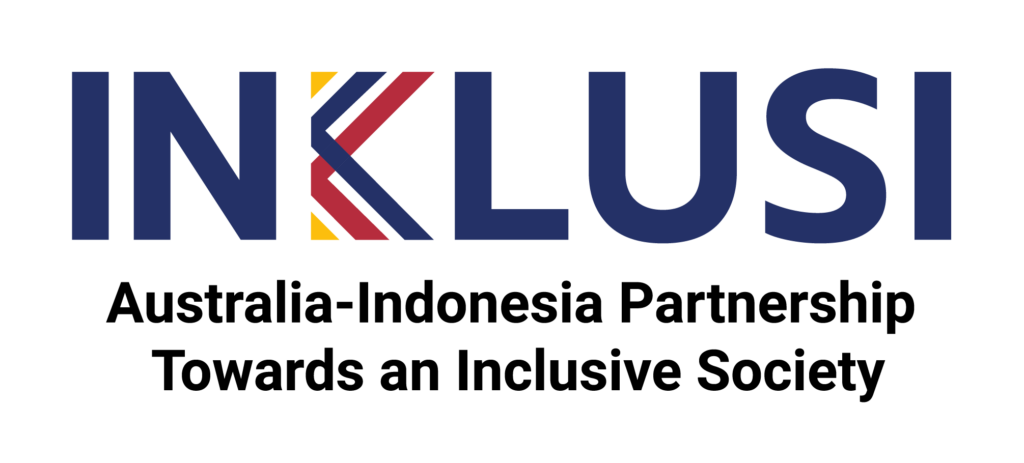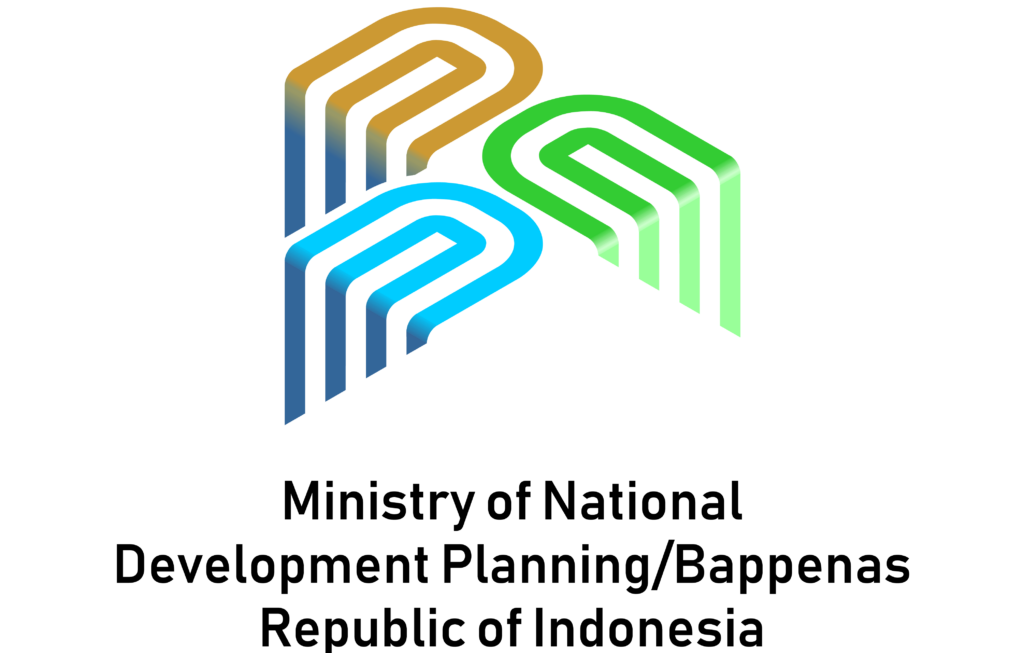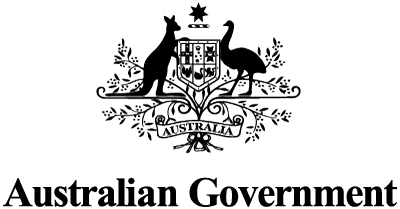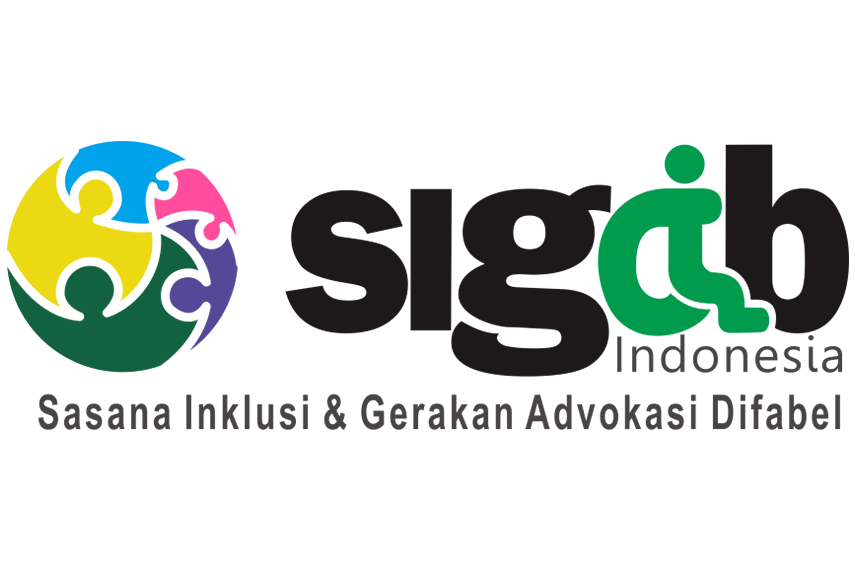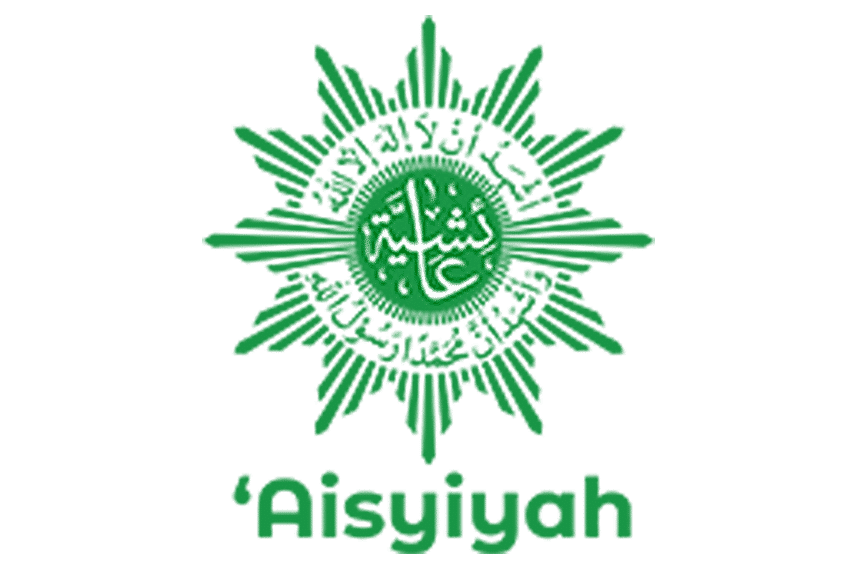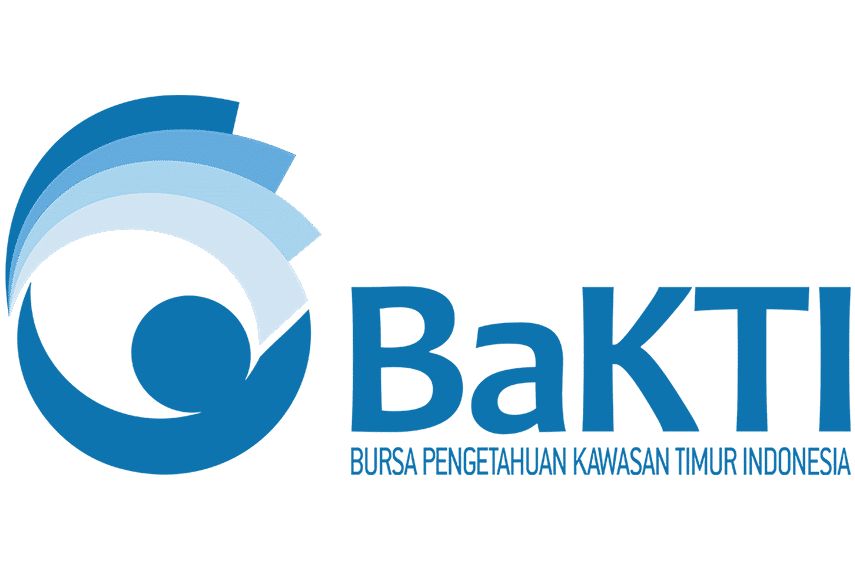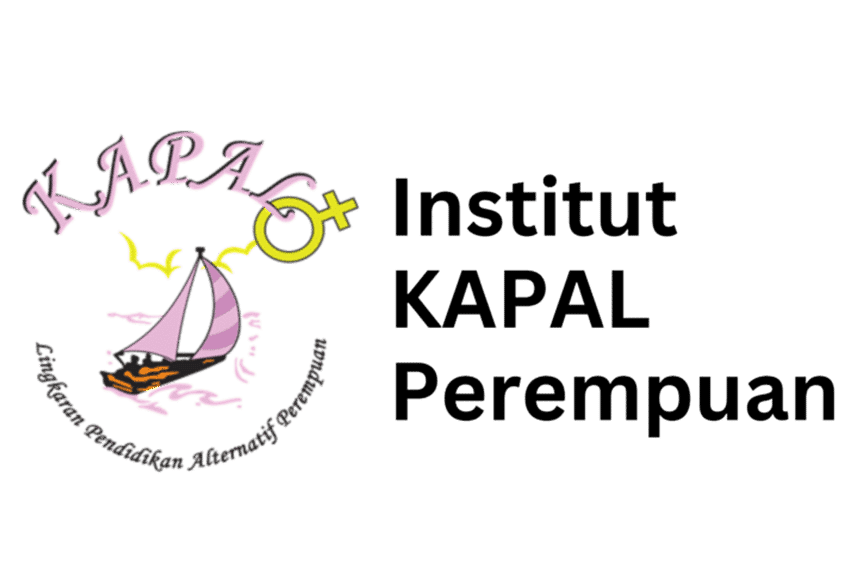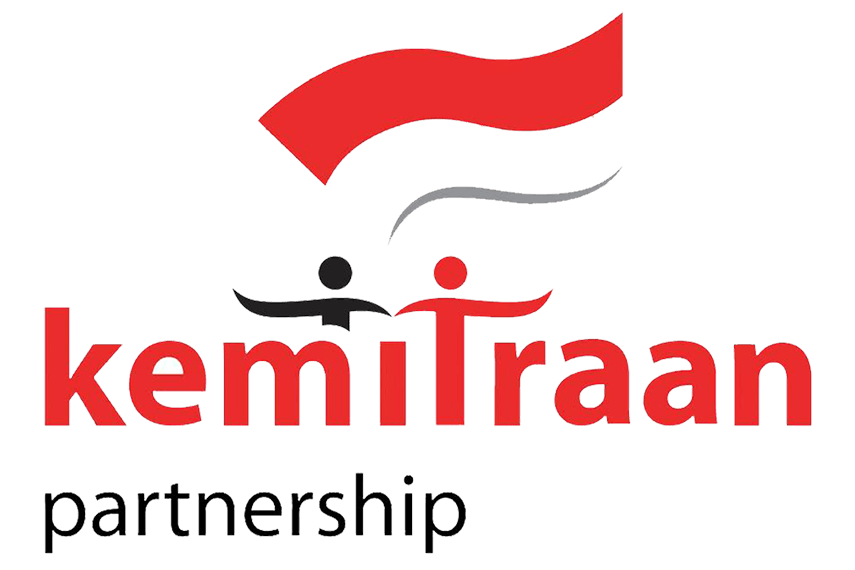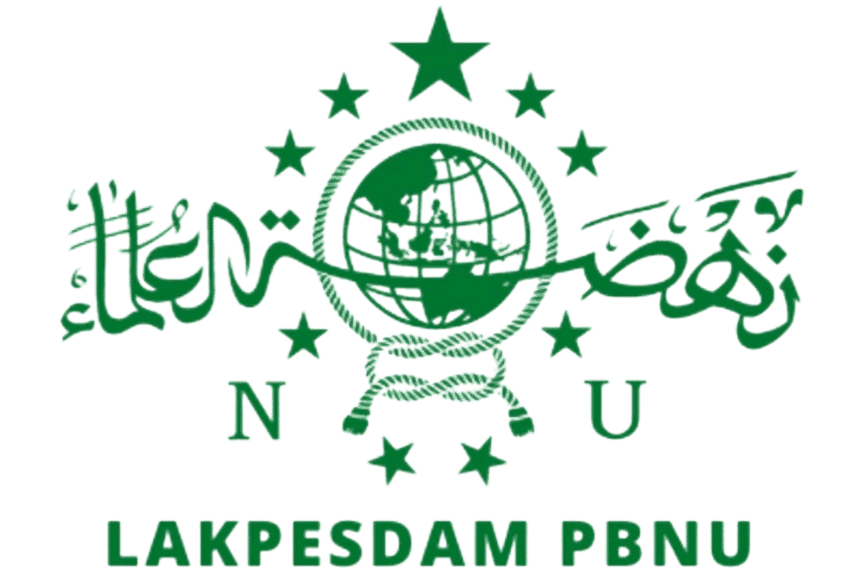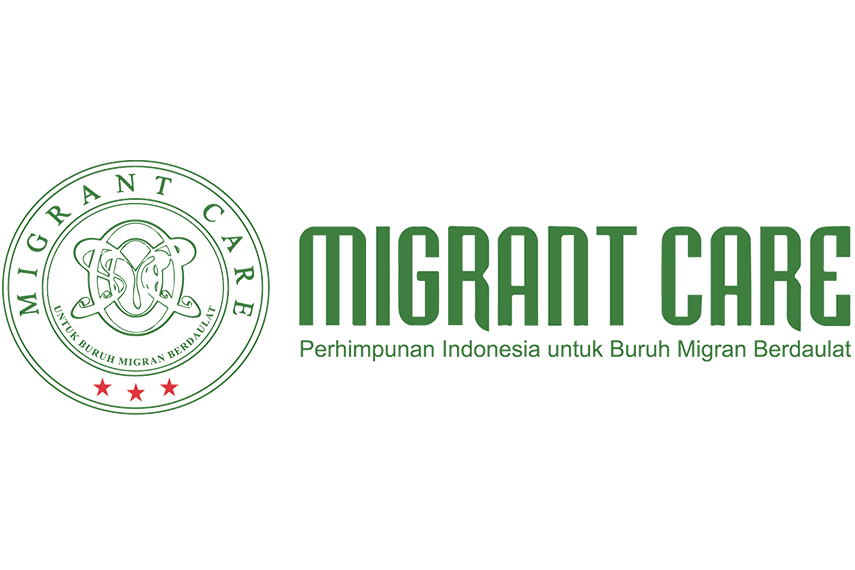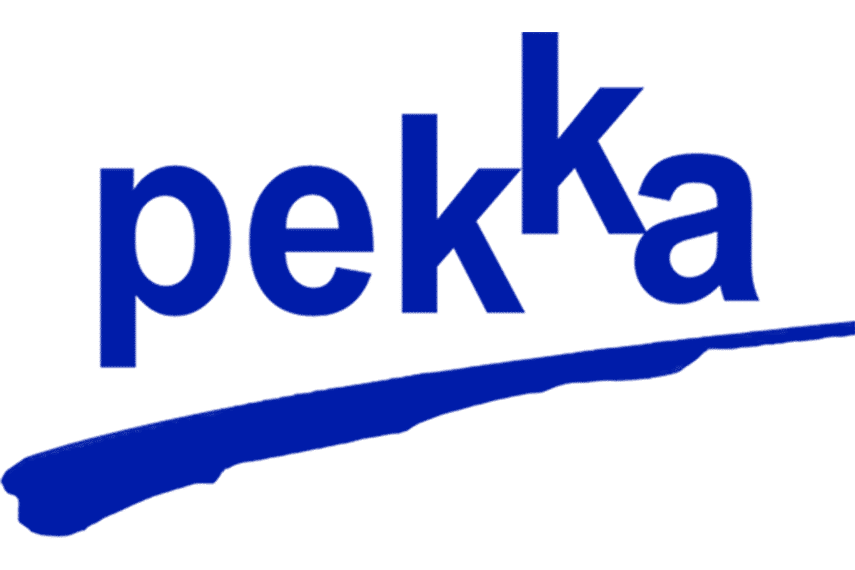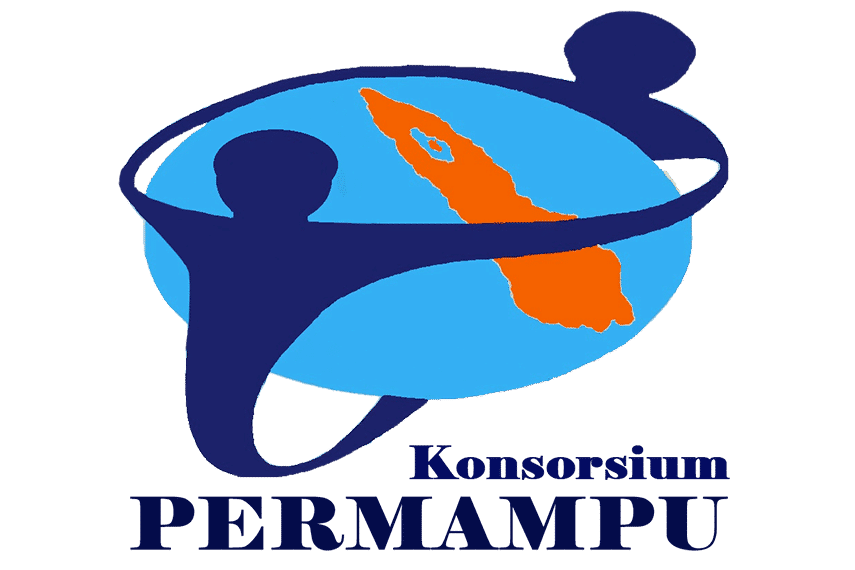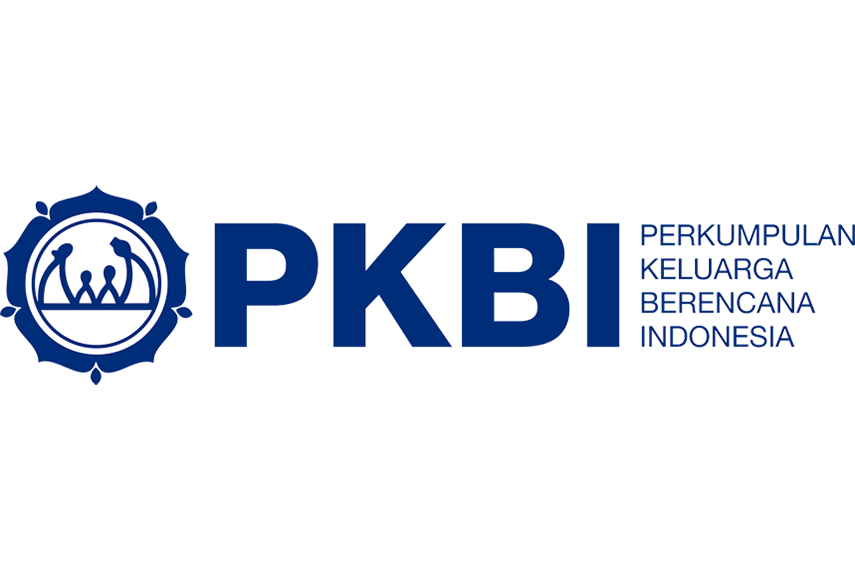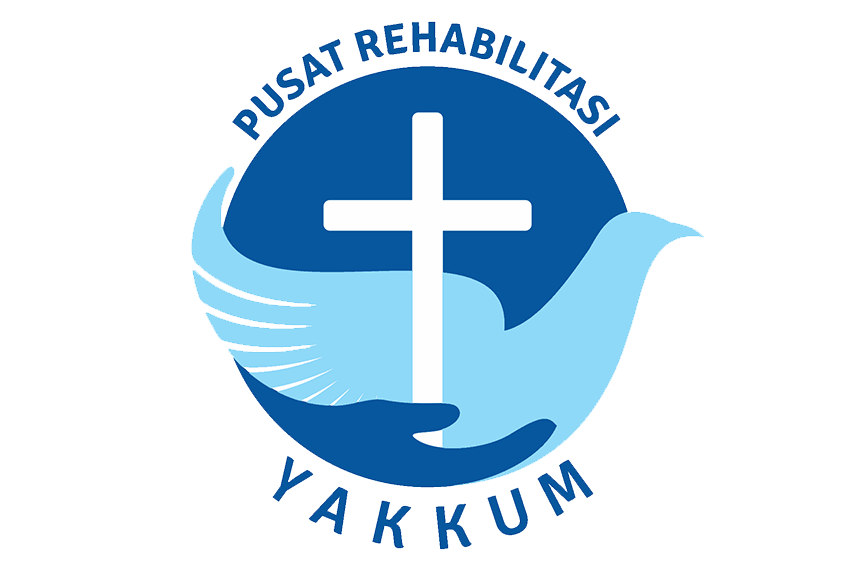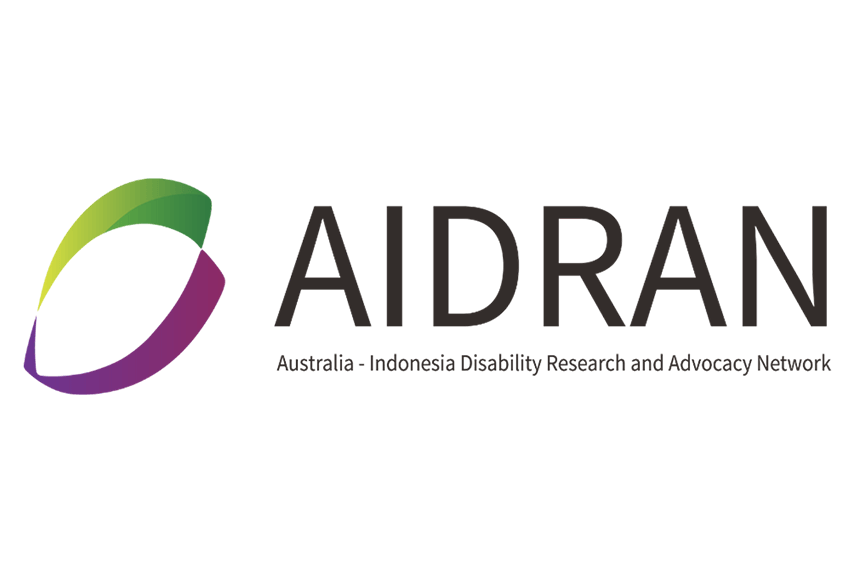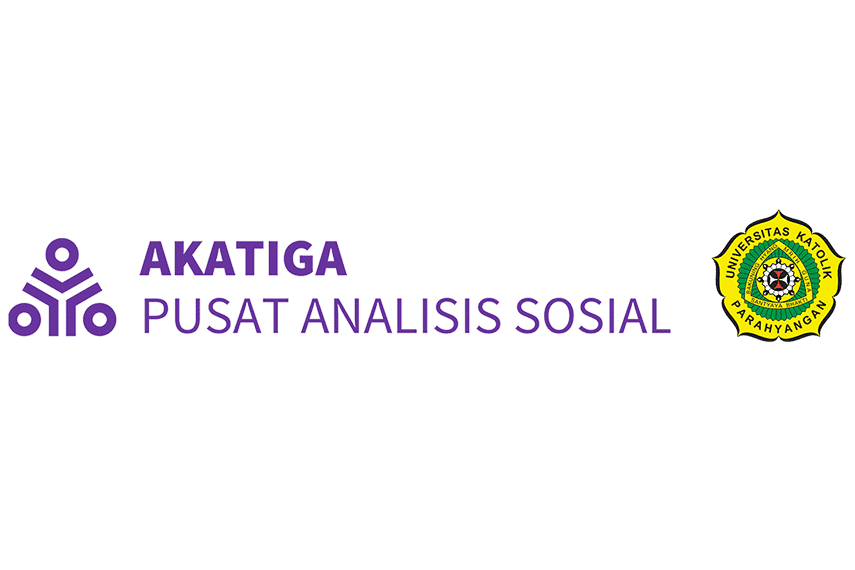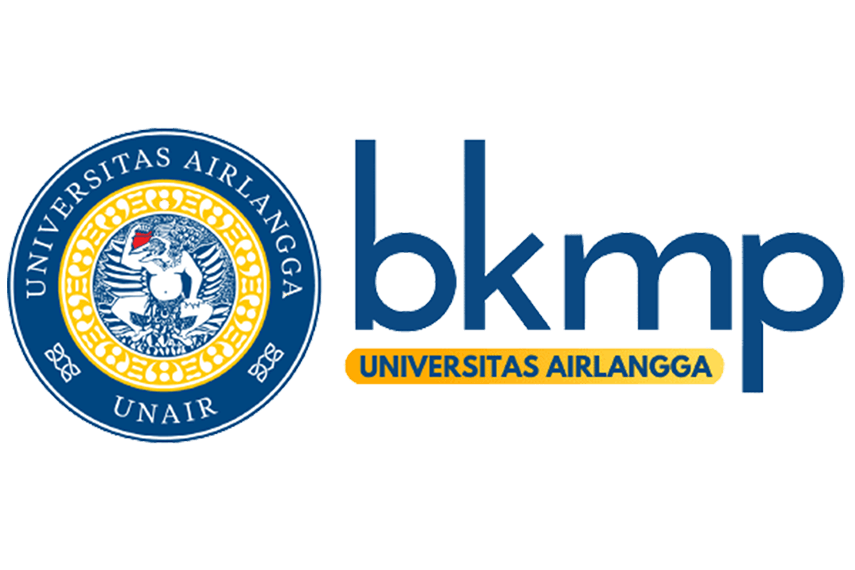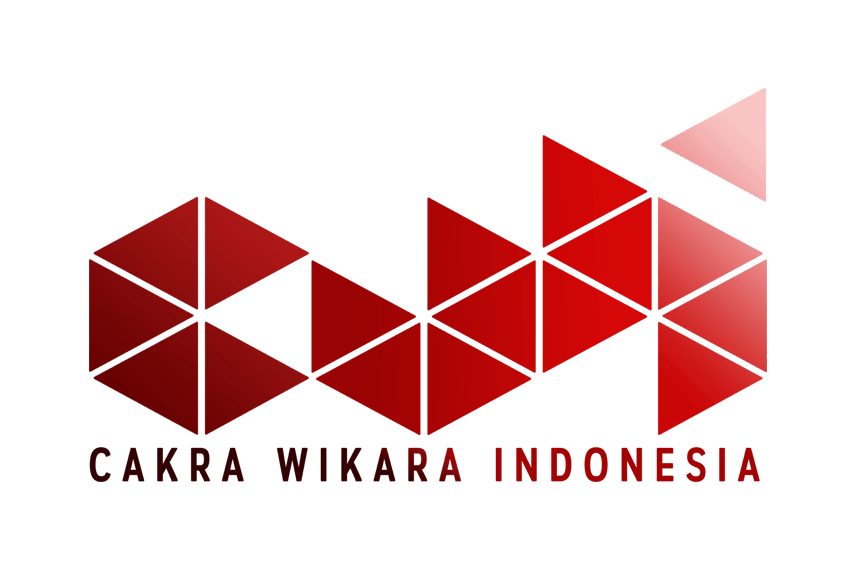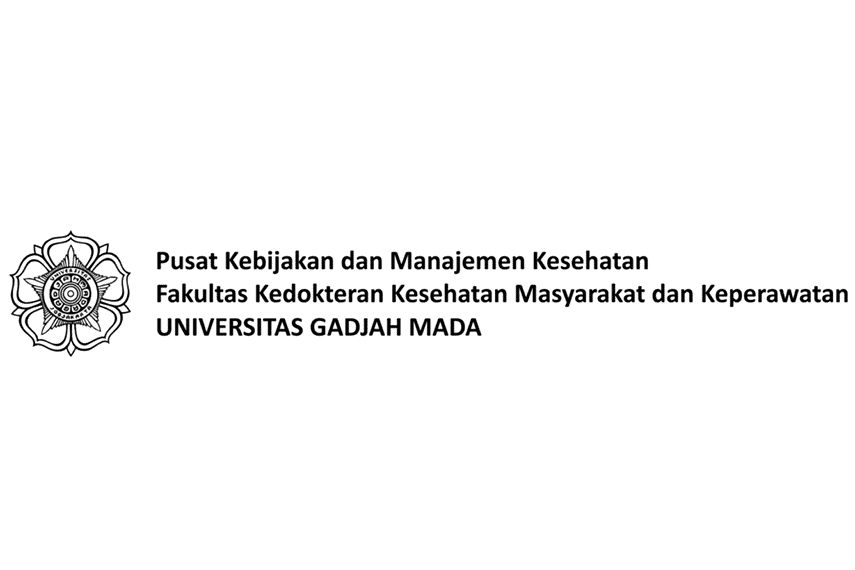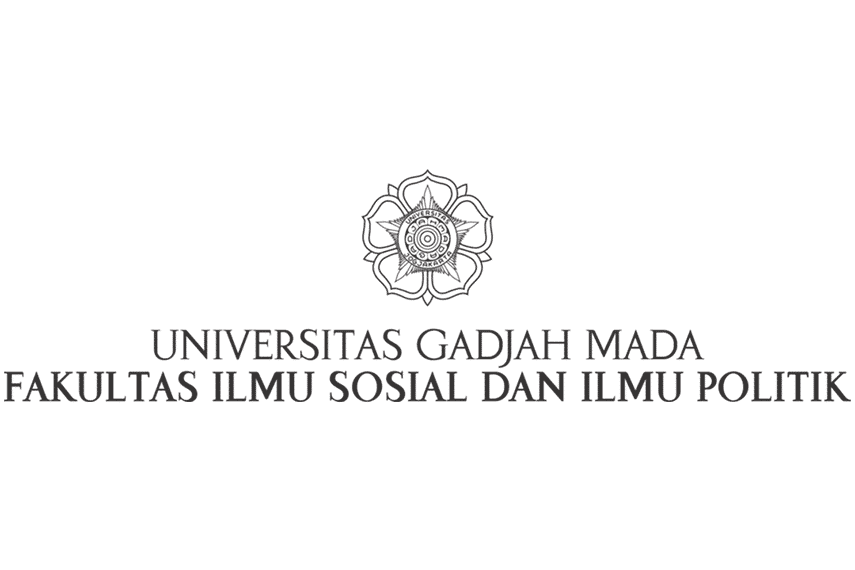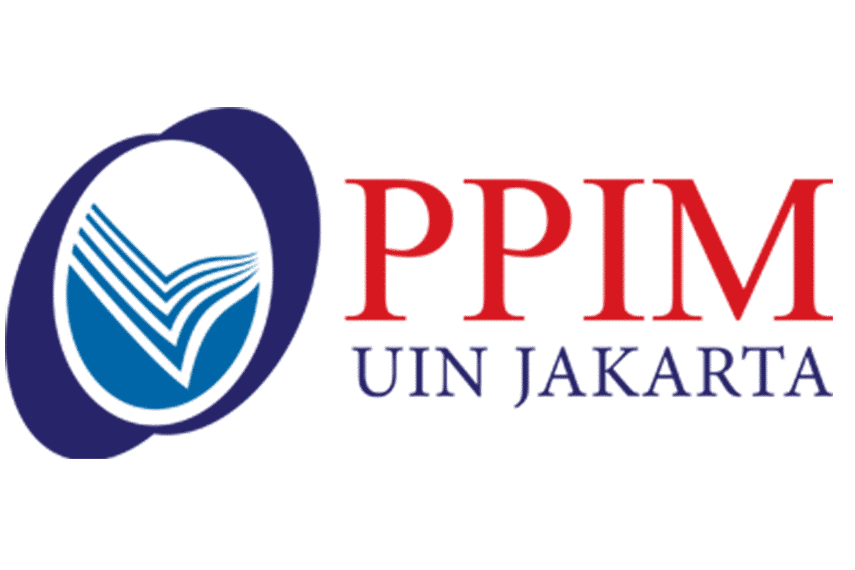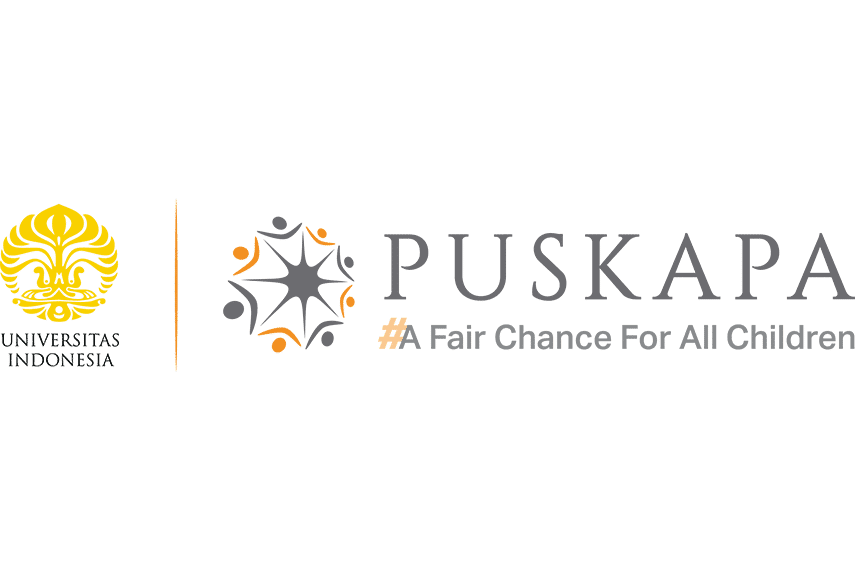Program’s Goals
- Foster social inclusion and ensure the fulfillment of rights for PwDs
- Improve PwDs access to employment and support economic recovery in the post-COVID-19 period.
- Strengthen PwDs involvement in decision-making and development processes in Indonesia.
Program’s Focus
SIGAB’s efforts center on advancing the rights and social inclusion of PwDs by focusing on:
- Enhancing PwDs’ access to public services.
- Supporting economic recovery and improving access to inclusive employment opportunities.
- Promoting inclusive participation in decision-making and development processes.
Program Strategy
To effectively implement the SOLIDER Program, SIGAB employs four key strategies:
- Promoting Inclusive Village Initiatives (Rintisan Desa Inklusi/RINDI): Encourage village governments and communities to understand and accept PwDs. This strategy aims to foster participation, develop supportive policies, and ensure access to public services for PwDs.
- Empowering Village Disability Groups (KDD) and District Disability Groups (KDK) to support their aspirations and enable active participation in decision-making processes at both local and national levels.
- Advocating for Inclusive Policies: Promote the creation of inclusive policies that protect and fulfill the rights of PwDs, ensuring their social inclusion and rights are supported.
- Enhancing Media Advocacy: Strengthen media coverage and support related to gender equality, disability, and social inclusion (GEDSI) to raise awareness and advocate for the rights of PwDs.
Activities
Improving Population and Legal Identity Services
Enhancing population and legal identity services for PwDs by conducting home visits to facilitate the creation of legal documents. SIGAB supports an inclusive Social Economic Registration (REGSOSEK) system in villages and urban areas, advocating for the ‘Satu Data Difabel’ (Difable One Data) initiative. This ensures accurate beneficiaries’ data to improve support distribution.
Organising and Strengthening PwDs through KDD and KDK
Forming KDD and KDK to provide safe spaces for PwDs to share aspirations, advocate for their rights, and participate in village-level decision-making. These groups also promote inclusive development and strengthen their members’ capacities through paralegal training in collaboration with legal aid organisations, facilitating access to legal justice. Strong KDD/KDK groups become effective platforms for advocacy and legal assistance.
Improving PwDs’ Business Skills and Economic Empowerment
Supporting the recovery of micro and small businesses owned by PwDs by facilitating access to government enterprise development programs and funding, business management training, and market access support. The program also includes capacity building and economic empowerment initiatives to help PwDs develop relevant business skills that meet job market demands.
Strengthening the Disability Services Unit (ULD)
Enhancing the effectiveness of ULDs at provincial and district levels, ensuring they optimise their roles in assessments, information provision, capacity building, and employment access for PwDs. ULDs act as intermediaries between job-seeking PwDs and employers, facilitating training and job opportunities. SIGAB also encourages ULDs to collaborate with vocational training and employment agencies to improve skills and job placement for PwDs.
Supporting PwDs’ Participation in Decision Making Forums
Supporting the involvement of PwDs in decision-making forums, such as Sub-village Deliberation, Village Deliberation, and Village Development Planning Deliberation, ensuring their voices are heard in village development processes. The organisation advocates for Disability Thematic Development Planning Deliberation (Musrenbang) and inclusive budgeting in village policymaking to support disability inclusion. SIGAB also initiated Temu Inklusi in 2014, a biennial national forum producing recommendations for the government to create responsive policies for PwDs’ needs and rights.
Advocating for Inclusive Village (Desa Inklusi) and Policies
Advocating for inclusive policies that guarantee PwDs, including accessibility to public services. The organisation is active in national alliances like FORMASI Disabilitas, which monitors the fulfillment of PwDs’ rights since 2021. SIGAB also promotes the development of Desa Inklusi in collaboration with SOLIDER partners to create inclusive and disability-friendly villages.
Campaign and Public Education
Utilising Solider.id and Solider TV as platforms to enhance community awareness of disability inclusion issues.
Expected Outcomes
- Establish Desa Inklusi that enhance accessibility, support active participation of PwDs, and promote the development of inclusive policies and accurate data collection.
- Ensure that KDD and KDK are well-established and effectively advocate for the rights PwDs across various sectors.
- Enable ULD in the Manpower sector to operate effectively, providing comprehensive assessments, information, training, and oversight to facilitate PwDs’ access to the labor market.
Achievements
As of July 2024, SIGAB has achieved the following milestones through the INKLUSI Program:
- >50 KDD/KDK groups were established, serving as platforms to support the aspirations of PwDs and actively engaged in village planning and decision-making processes.
- >600 PWDs and marginalised people have received training to participate in public decision-making forums.
- >2000 PWDs and marginalised people have actively participated in public decision-making processes and forums.
- 17 KDD/KDK business groups were established, which were expected to provide economic benefits for PwDs.
Inclusive Policies
- Promoted inclusive policies at the local level, including Subnational Action Plans for PWDs (RAD-PD), Regional Regulations (Perda), District Regulations (Perbup), Circulars, and ULD for Manpower. Notable examples include RAD-PD implementations in NTT, East Java, East Kalimantan, and Yogyakarta.
Collaboration and Referral Mechanism
- Developed referral mechanisms for addressing cases of violence against PwDs in collaboration with multi-stakeholders.
- Partnered with social service shelters and Puskesmas for medical treatment, rehabilitation, and social support.
Strengthening the ULD
- Established and enhanced ULDs in regions including Ambon, Maros, Lombok, Situbondo, Probolinggo, Kupang, Rote Ndao, Balikpapan, Samarinda, Kulon Progo, and Sleman.
Partnership for Job Opportunities
- Collaborated with private sector companies and universities such as PT Alfamart, PT Adira Finance, H&M, and Surabaya State Ship Polytechnics (PPNS) to provide job opportunities and higher education for PwDs.
Empowerment and Participation
- Involving >200 PwDs in the development of village regulations.
- Empowering PwDs through capacity building for political empowerment.
- >1900 Disability group members have received legal identity, health, social protection, and skills training services.
- Engaged > 200 PwDs in developing village regulations.
- Empowered PwDs through political capacity building.
- Provided >1900 members of disability groups access to legal identity, health, social protection, and skills training services.
Monitoring of Election Participation
- Reported on the participation of PwDs and marginalised individuals to election committees to enhance the inclusiveness of the election system.
Read more and download SIGAB’s profile here
